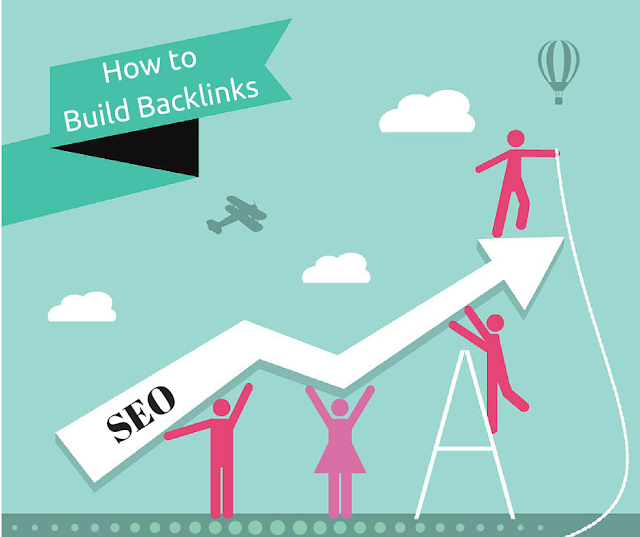In the event that your site rankings have dropped as of late, there are a couple of various types of penalties that could influence your site. Google's two fundamental algorithms that focus seek rankings are called Panda and Penguin. Panda is the algorithm that decides the quality and pertinence of your site's content, as it identifies with focused on keywords.
In any case, your site is frequently the soul of a business; its your virtual storefront. Having it vanish from Google (which is by a wide margin the most prominent web index) is impossible for most organizations. On the off chance that you've been penalized, making a point to recover the right path, in view of long haul objectives, is the best practice.
Google Panda Penalty Recovery
Websites that get penalized by Google's Panda algorithm get hit for one of two reasons: dainty content or copy content. This implies that your site pages are not exceptionally spellbinding, useful or are duplicates of different pages on your webpage (or more awful, different sites). This sort of penalty is the simpler one to recover from, as its controlled inside and Google's upgrades happen all the more often.
Google Penguin Penalty Recovery
In the event that your site was abruptly hit hard and your rankings dropped drastically, chances are that its identified with Google's Penguin algorithm. This is the most troublesome penalty to recover from and shockingly, frequently the most widely recognized. Low quality SEO firms regularly add a site to private online journal systems, low-quality (or fake) registries and fake sites with an end goal to trap the internet searcher into speculation your site is prevalent. This used to work well and even today, a few organizations see prompt results – yet its not an enduring arrangement. The Penguin algorithm inevitably makes up for lost time, cheapens the sites and penalizes sites that utilize these strategies.



















